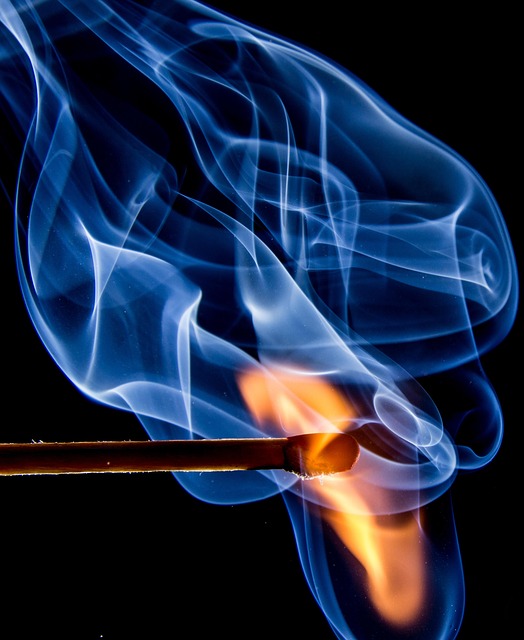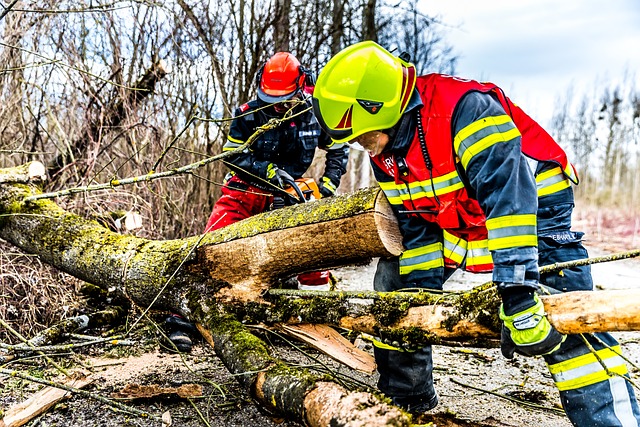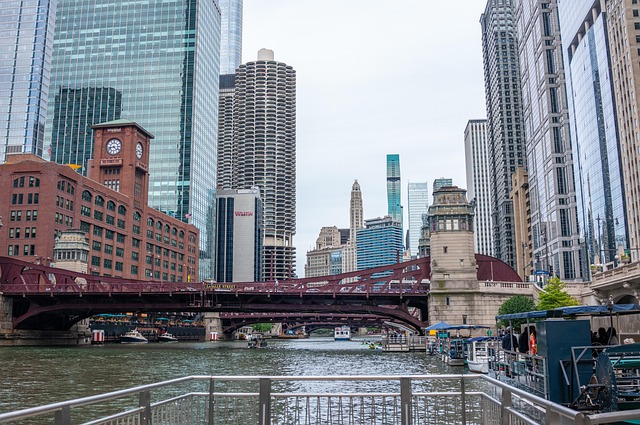After a fire, thorough smoke damage remediation is crucial for restoring properties in Chicago to increase market appeal and ensure occupant safety. The process involves assessment, containment, removal of contaminated materials using specialized equipment, deodorization, sanitizing, and disclosure of known damage to potential buyers, adhering to legal and insurance obligations. Preventative measures like quick response, regular filter cleaning, smoke detector maintenance, electrical system upgrades, and securing flammable materials significantly reduce the risk of future smoke damage when selling a home with fire damage in Chicago.
“In the event of a fire, smoke damage can leave behind a significant and often overlooked trail of destruction. This comprehensive guide aims to empower Chicago homeowners with knowledge about smoke damage remediation. We’ll explore the ins and outs of the restoration process, from understanding the science behind smoke damage to practical steps for effective cleanup. Additionally, we delve into legal considerations when selling a home with fire damage in Chicago, offering valuable insights to ensure a smooth transition. Learn how to protect your property and be prepared.”
- Understanding Smoke Damage: A Comprehensive Guide for Homeowners in Chicago
- The Process of Fire Damage Restoration: Step-by-Step Remediation Techniques
- Legal and Insurance Aspects: Selling a Home with Fire Damage in Illinois
- Preventing Future Smoke Damage: Tips for Chicago Property Owners
Understanding Smoke Damage: A Comprehensive Guide for Homeowners in Chicago
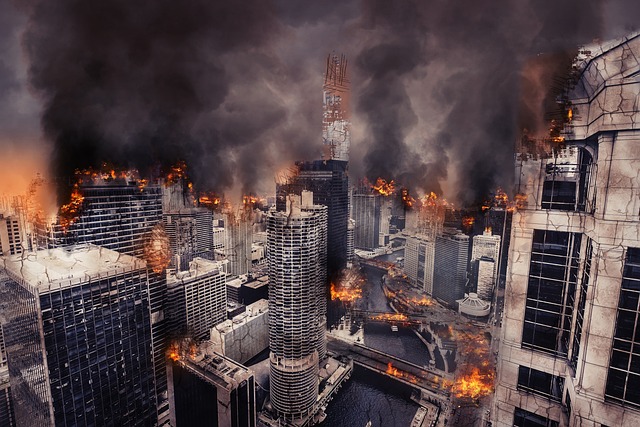
Smoke damage from a fire can leave behind more than just charred remains; it inflicts subtle yet significant harm to your home’s structure and belongings. Understanding smoke damage remediation is crucial for Chicago homeowners, especially when planning to sell your property. In the aftermath of a fire, smoke particles deposit themselves in various ways—from visible residue on surfaces to invisible toxins infiltrating air ducts and walls.
This comprehensive guide aims to demystify the process for selling a home with fire damage Chicago residents may face. Recognizing the extent of the issue is the first step. Professional remediation involves methods like HEPA vacuuming, decontaminating affected areas, and restoring or replacing items damaged by smoke. By addressing these aspects, homeowners can ensure their property is not only safe to inhabit but also increases its market value, attracting potential buyers who appreciate a thorough job in fire damage restoration.
The Process of Fire Damage Restoration: Step-by-Step Remediation Techniques
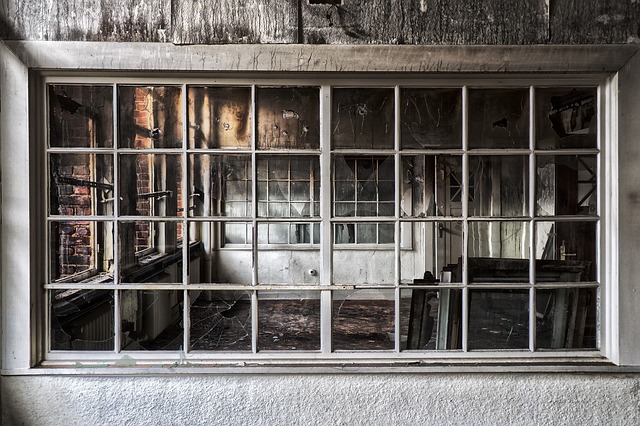
After a fire, the process of smoke damage remediation is crucial for restoring a property to its pre-fire condition. The first step involves assessing the extent of the damage caused by both flames and lingering smoke residues. This meticulous evaluation helps professionals identify affected areas and tailor restoration strategies accordingly. Once assessed, the remediation process begins with containment to prevent further contamination. This includes securing the area and setting up barriers to contain the smoke and soot.
Next, specialized equipment is used to remove visible debris and contaminated materials. This can involve high-efficiency particulate air (HEPA) vacuuming to suck up fine particles, along with wet cleaning techniques to minimize residue. As selling a home with fire damage Chicago becomes a reality for many homeowners, proper restoration is essential to attract buyers. The final stages include deodorization to eliminate lingering smoke smells and sanitizing to ensure a safe living environment. This comprehensive approach ensures that not only is the property visually restored, but it’s also free from potential health risks associated with fire and smoke damage.
Legal and Insurance Aspects: Selling a Home with Fire Damage in Illinois
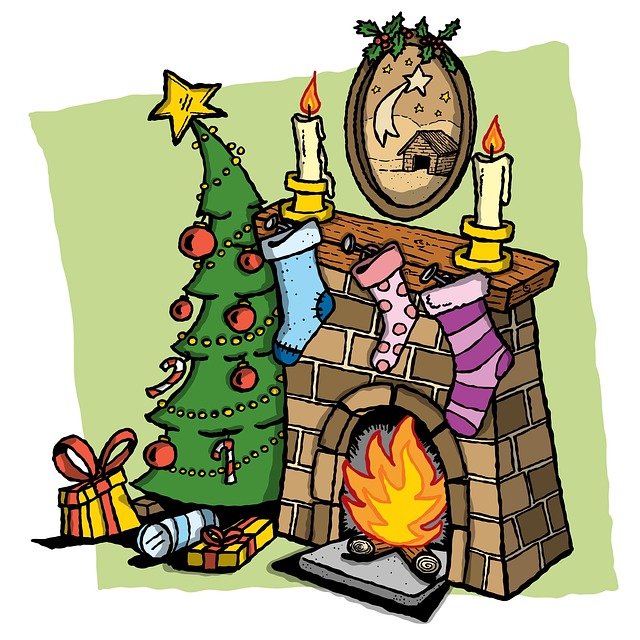
When it comes to selling a home with fire damage in Chicago, understanding the legal and insurance aspects is crucial. In Illinois, homeowners are legally obligated to disclose any known smoke or fire damage to potential buyers. This includes providing detailed information about the extent of the damage, the remediation efforts undertaken, and any relevant repair estimates. Failure to do so may result in legal repercussions.
Insurance plays a significant role in this process as well. Homeowners should review their insurance policies to determine coverage for smoke and fire damage. Many policies include provisions for restoration and rebuilding after such incidents. When selling a damaged property, it’s essential to coordinate with your insurance company to ensure the buyer is aware of the coverage details and any pending or completed remediation work, making the transaction smoother and more transparent.
Preventing Future Smoke Damage: Tips for Chicago Property Owners
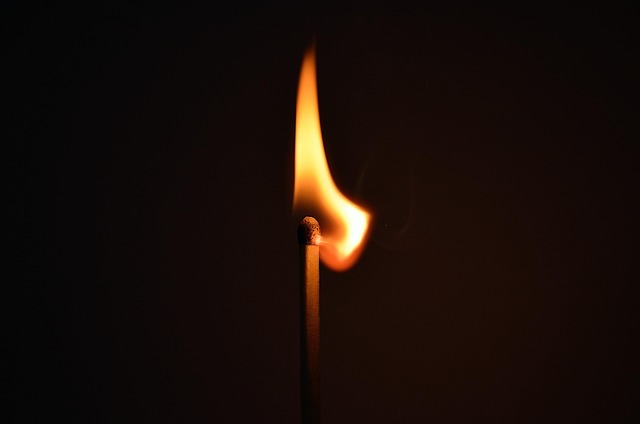
Preventing Future Smoke Damage is crucial for Chicago property owners, especially when considering to sell a home with fire damage. The first step involves quickly addressing any visible signs of smoke or soot after a fire incident. Professional remediation services should be engaged to thoroughly clean and decontaminate affected areas, removing lingering odors and ensuring structural integrity.
Additional tips include enhancing ventilation in your home by regularly cleaning air filters and using exhaust fans during cooking or other activities that generate smoke. Regularly inspecting and replacing smoke detectors is also vital for early warning systems. Additionally, Chicago property owners should consider updating electrical systems, as outdated wiring is a common cause of fires. Keeping easily flammable materials away from heating sources and ensuring proper storage of hazardous chemicals can further mitigate the risk of future smoke damage.
In navigating the complexities of smoke damage remediation, especially when considering selling a home with fire damage in Chicago, understanding the process and legal implications is key. This article has provided a comprehensive guide, from recognizing smoke damage to preventing future incidents, empowering homeowners to effectively restore their properties and make informed decisions regarding selling in the Illinois market. By following the step-by-step restoration techniques and staying aware of local regulations, Chicago property owners can ensure their homes are ready for the market, leaving a positive impression on potential buyers.

